ABC News: Australia to miss out on tax top-up from multinationals as Trump ends OECD reform. Read, listen, watch
Quoting CICTAR’s Jason Ward, ABC news reports on how Australia could miss out on significant revenue from US multinational companies operating here, after the G7 "caved" to Donald Trump.
‘Jason Ward, principal analyst at the Centre for International Corporate Tax Accountability and Research, says the OECD global minimum tax was meant to set a floor to eliminate a race to the bottom and to set in place a system where every company everywhere was paying at least some tax’.
In 2021, about 140 countries, including Australia, signed up to the Organisation for Economic Cooperation and Development (OECD) "Global Minimum Tax" deal, a plan that's been years in the making. These countries had, in principle, agreed to a set of rules for a 15 per cent global minimum tax.
This was aimed at helping countries like Australia collect more tax from digital tech giants like Google, Apple, Microsoft, Facebook, Amazon and others by applying that minimum tax rate. The implementation of the law in Australia was expected to increase receipts by $370 million and increase payments by $111 million over the five years from 2022-23.
But now, as ABC reports, G7 countries have agreed to exempt US companies from the rules, making it much harder for tax administrators, including the Australian Taxation Office (ATO), to tax US companies that operate in Australia.
ABC interviews small business and tech startups that feel this is unfair on Australian based business, facing competition from US corporations.
They also interviewed a number of tax experts, including CICTAR Principal Analyst, Jason Ward who said:
"Trump is essentially running a protection racket for larger US multinationals that most people already know are the most aggressive in dodging their tax obligations on the profits, the vast profits they make in Australia and around the world."

